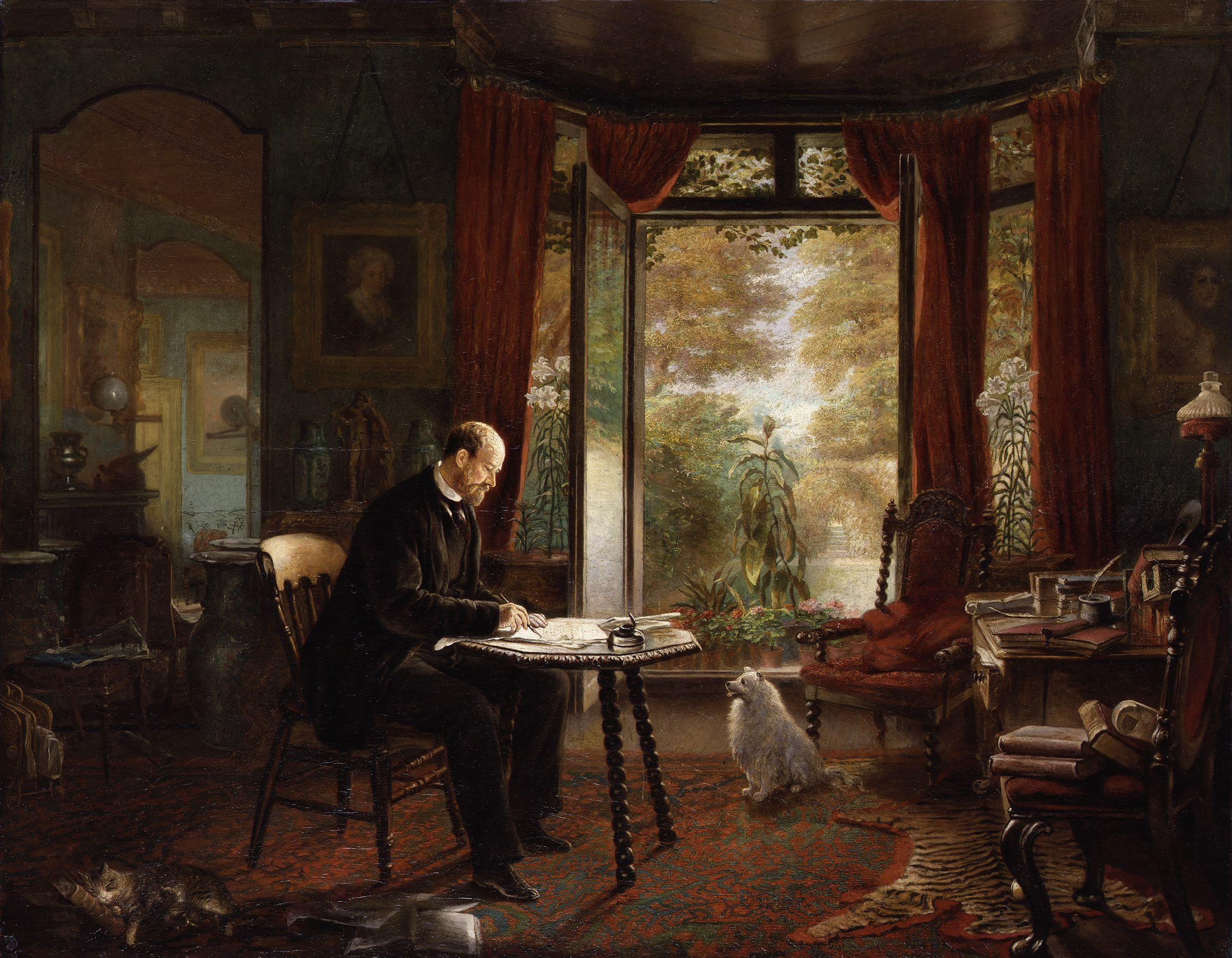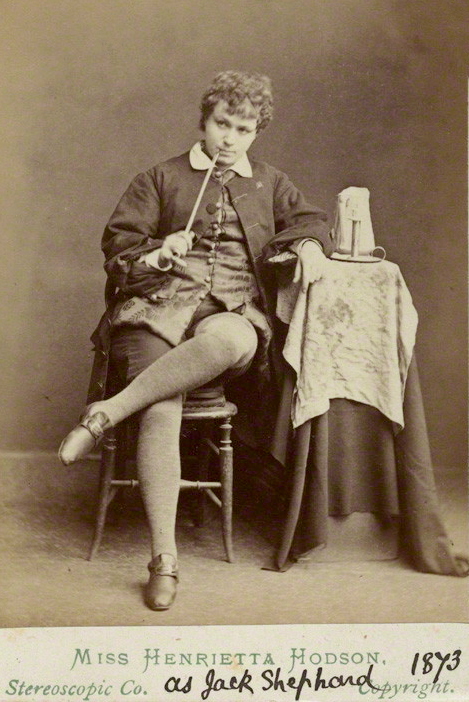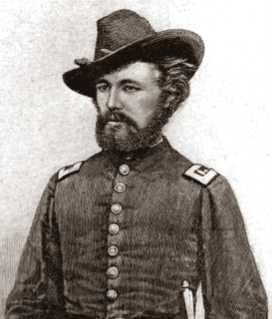|
Queen's Theatre, Long Acre
The Queen's Theatre in London was established in 1867 as a theatre on the site of St Martin's Hall, a large concert room that had opened in 1850. It stood on the corner of Long Acre (formerly Charles Street) and Endell Street, with entrances in Wilson Street and Long Acre. The site is within the modern Camden, part of Covent Garden.Walter Thornbury ''Old and New London: A Narrative of its History, its People and its Places. Illustrated with Numerous Engravings from the Most Authentic Sources.: Volume 3'' accessed 1 April 2008 St Martin's Hall contained a 3,000-seat main hall and a 500-seat lecture hall. It was used for musica ... [...More Info...] [...Related Items...] OR: [Wikipedia] [Google] [Baidu] |
Long Acre
Long Acre is a street in the City of Westminster in central London. It runs from St Martin's Lane, at its western end, to Drury Lane in the east. The street was completed in the early 17th century and was once known for its coach-makers, and later for its car dealers. History After the dissolution of the Monasteries in 1540, Henry VIII confiscated the land belonging to Westminster Abbey, including the convent garden of Covent Garden and land to the north originally called the Elms and later Seven Acres. In 1552, his son, Edward VI, granted it to John Russell, 1st Earl of Bedford. The Russell family, who in 1694 were advanced in their peerage from Earl to Duke of Bedford, held the land from 1552 to 1918. At the time of Charles I it was renamed Long Acre after the length of the first pathway constructed across the land. Charles took offence at the condition of the road and houses along it, which were the responsibility of Russell and Henry Carey, 2nd Earl of Monmouth. Russell ... [...More Info...] [...Related Items...] OR: [Wikipedia] [Google] [Baidu] |
German Reed Entertainments
The German Reed Entertainments were founded in 1855 and operated by Thomas German Reed (1817–1888) together with his wife, Priscilla Horton, Priscilla German Reed (née Horton) (1818–1895). At a time when the theatre in London was seen as a disreputable place, the German Reed family provided family-friendly entertainments for forty years, showing that respectable theatre could be popular. The entertainments were held at the intimate Royal Gallery of Illustration, Lower Regent Street, and later at St. George's Hall (London), St. George's Hall, Langham Place, in London. Thomas and Priscilla German Reed usually appeared in them, together with a small group of players. They engaged talented newcomers, such as Frederic Clay, W. S. Gilbert and Arthur Law (playwright), Arthur Law, as well as established writers such as F. C. Burnand, to create many of the entertainments. Thomas German Reed composed the music for many of the entertainments himself. The German Reed theatri ... [...More Info...] [...Related Items...] OR: [Wikipedia] [Google] [Baidu] |
Charles Reade
Charles Reade (8 June 1814 – 11 April 1884) was a British novelist and dramatist, best known for '' The Cloister and the Hearth''. Life Charles Reade was born at Ipsden, Oxfordshire, to John Reade and Anne Marie Scott-Waring, and had at least four brothers. He studied at Magdalen College, Oxford, taking his B.A. in 1835, and became a fellow of his college. He was subsequently dean of arts and vice-president, taking his degree of D.C.L. in 1847. His name was entered at Lincoln's Inn in 1836; he was elected Vinerian Fellow in 1842, and was called to the bar in 1843.Edwards, P.D. "Charles Reade." ''Oxford Dictionary of National Biography.'' He kept his fellowship at Magdalen all his life but, after taking his degree, he spent most of his time in London. William Winwood Reade, the influential historian, was his nephew. Writings Reade began his literary career as a dramatist, and he chose to have "dramatist" stand first in the list of his occupations on his tombstone. As an auth ... [...More Info...] [...Related Items...] OR: [Wikipedia] [Google] [Baidu] |
Henrietta Hodson
Henrietta Hodson (26 March 1841 – 30 October 1910) was an English actress and theatre manager best known for her portrayal of comedy roles in the Victorian era. She had a long affair with the journalist-turned-politician Henry Labouchère, later marrying him. Biography Hodson was born at Upper Marsh in St Mary's parish, Westminster, London. She was the eldest daughter of George Alfred Hodson (1822–1869), an Irish-born comedian, singer and innkeeper, and Henrietta Elizabeth Noel, an actress and singer. Her two sisters, Kate (later Mrs Charles Henry Fenton, but known on stage as Kate Gordon) and Sylvia (Mrs J. Stripling Blythe), were also actresses. Hodson's cousin was the theatre producer George Musgrove. Early career Hodson made her first professional stage appearance at the Theatre Royal, Glasgow, in 1858. In 1860, she and Henry Irving worked together in Manchester in ''The Spy, or, A Government Appointment''. She joined J. H. Chute's Bath and Bristol companies in 186 ... [...More Info...] [...Related Items...] OR: [Wikipedia] [Google] [Baidu] |
Ellen Terry
Dame Alice Ellen Terry, (27 February 184721 July 1928), was a leading English actress of the late 19th and early 20th centuries. Born into a family of actors, Terry began performing as a child, acting in Shakespeare plays in London, and toured throughout the British provinces in her teens. At 16, she married the 46-year-old artist George Frederic Watts, but they separated within a year. She soon returned to the stage but began a relationship with the architect Edward William Godwin and retired from the stage for six years. She resumed acting in 1874 and was immediately acclaimed for her portrayal of roles in Shakespeare and other classics. In 1878 she joined Henry Irving's company as his leading lady, and for more than the next two decades she was considered the leading Shakespearean and comic actress in Britain. Two of her most famous roles were Portia in ''The Merchant of Venice'' and Beatrice in ''Much Ado About Nothing''. She and Irving also toured with great success in ... [...More Info...] [...Related Items...] OR: [Wikipedia] [Google] [Baidu] |
Lionel Brough
Lionel "Lal" Brough (10 March 1836 – 8 November 1909) was a British actor and comedian. After beginning a journalistic career and performing as an amateur, he became a professional actor, performing mostly in Liverpool during the mid-1860s. He established his career in London as a member of the company at the new Queen's Theatre, Long Acre, in 1867, and he soon became known for his roles in Shakespeare, contemporary comedies, and classics, especially as Tony Lumpkin in ''She Stoops to Conquer''. In the 1870s and 1880s, Brough was one of the leading comic actors in London. Although untrained musically, he also appeared in several successful operettas in the 1880s and 1890s. He continued to contribute popular performances into the 20th century and ended his career in comedy roles with Herbert Beerbohm Tree's company. Biography Early years Brough was born in Pontypool, Wales, the son of Barnabas Brough, a brewer, publican, wine merchant and later dramatist, and his wife Franc ... [...More Info...] [...Related Items...] OR: [Wikipedia] [Google] [Baidu] |
Henry Irving
Sir Henry Irving (6 February 1838 – 13 October 1905), christened John Henry Brodribb, sometimes known as J. H. Irving, was an English stage actor in the Victorian era, known as an actor-manager because he took complete responsibility (supervision of sets, lighting, direction, casting, as well as playing the leading roles) for season after season at the West End’s Lyceum Theatre, establishing himself and his company as representative of English classical theatre. In 1895 he became the first actor to be awarded a knighthood, indicating full acceptance into the higher circles of British society. Life and career Irving was born to a working-class family in Keinton Mandeville in the county of Somerset. W.H. Davies, the celebrated poet, was a cousin. Irving spent his childhood living with his aunt, Mrs Penberthy, at Halsetown in Cornwall. He competed in a recitation contest at a local Methodist chapel where he was beaten by William Curnow, later the editor of ''The Sydn ... [...More Info...] [...Related Items...] OR: [Wikipedia] [Google] [Baidu] |
Charles Wyndham (actor)
Sir Charles Wyndham (23 March 1837 – 12 January 1919), ''né'' Charles Culverwell, was an English actor and theatre proprietor. Wyndham's Theatre in London is named after him, and he also built the Noël Coward Theatre, New Theatre (now the Noël Coward Theatre) nearby. Wyndham's family intended him for a medical career, and he studied medicine while enthusiastically engaging in amateur theatricals in his spare time. Torn between medicine and the stage, he spent three years in the US as a surgeon in the Union army in the American Civil War and on two occasions acted unsuccessfully on the New York stage. After returning to Britain and establishing himself as an actor he made further trips to the US between 1882 and 1910, playing in theatres all around the country. In London, Wyndham became known for his comic skills, both in light comedy and farce. He took over the management of the Criterion Theatre in 1876 and remained in charge there for more than 20 years. "Criterion fa ... [...More Info...] [...Related Items...] OR: [Wikipedia] [Google] [Baidu] |
Albert Joseph Moore
Albert Joseph Moore (4 September 184125 September 1893) was an English painter, known for his depictions of languorous female figures set against the luxury and decadence of the classical world. Life Moore was born at York on 4 September 1841, the thirteenth son and fourteenth child of well known portrait-painter William Moore and his second wife, Sarah Collingham. Several of his numerous brothers were educated as artists, including John Collingham Moore and Henry Moore, R.A., the well-known sea painter. Albert Moore was educated at Archbishop Holgate's School, and also at St. Peter's School at York, receiving at the same time instruction in drawing and painting from his father. He made such progress that he gained a medal from the Department of Science and Art at Kensington in May 1853, before completing his twelfth year. After his father's death in 1851, Moore owed much to the care and tuition of his brother, John Collingham. In 1855, he came to London and attended the Ke ... [...More Info...] [...Related Items...] OR: [Wikipedia] [Google] [Baidu] |
Henry Labouchère
Henry Du Pré Labouchère (9 November 1831 – 15 January 1912) was an English politician, writer, publisher and theatre owner in the Victorian era, Victorian and Edwardian eras. He is now most remembered for the Labouchere Amendment, Labouchère Amendment, which for the first time criminalised all male homosexual activity in the United Kingdom. Labouchère, who came from a wealthy Huguenots, Huguenot banking family, was a junior member of the British diplomatic service before briefly serving in Parliament in 1865–68. He lived with the actress Henrietta Hodson from 1868, and they married in 1887. He made a name for himself as a journalist and theatre producer, first buying a stake in The Daily News (UK), ''The Daily News'' and in 1876 founding the magazine Truth (British periodical), ''Truth'', which he bankrolled through an extensive series of libel suits. In 1880, he returned to Parliament as the Liberal party (UK), Liberal member for Northampton, and became a key figure in ... [...More Info...] [...Related Items...] OR: [Wikipedia] [Google] [Baidu] |
First International
The International Workingmen's Association (IWA), often called the First International (1864–1876), was an international organisation An international organization or international organisation (see spelling differences), also known as an intergovernmental organization or an international institution, is a stable set of norms and rules meant to govern the behavior of states an ... which aimed at uniting a variety of different Left-wing politics, left-wing Socialism, socialist, Communism, communist and Anarchism, anarchist groups and trade unions that were based on the working class and class struggle. It was founded in 1864 in a workmen's meeting held in St. Martin's Hall, London. Its first congress was held in 1866 in Geneva. In Europe, a period of harsh reaction followed the widespread Revolutions of 1848. The next major phase of revolutionary activity began almost twenty years later with the founding of the IWA in 1864. At its peak, the IWA reported having 8 million m ... [...More Info...] [...Related Items...] OR: [Wikipedia] [Google] [Baidu] |
Great Ormond Street
Great Ormond Street Hospital (informally GOSH or Great Ormond Street, formerly the Hospital for Sick Children) is a children's hospital located in the Bloomsbury area of the London Borough of Camden, and a part of Great Ormond Street Hospital for Children NHS Foundation Trust. The hospital is the largest centre for child heart surgery in the UK and one of the largest centres for heart transplantation in the world. In 1962 they developed the first heart and lung bypass machine for children. With children's book author Roald Dahl, they developed an improved Wade-Dahl-Till valve, shunt valve for children with hydrocephalus, and non-invasive (percutaneous) heart valve replacements. They did the first UK clinical trials of the rubella vaccine, and the first bone marrow transplant and gene therapy for severe combined immunodeficiency.Breakthroughs It is closely associated with University College London (UCL) and in partnership with the UCL Great Ormond Street Institute of Child He ... [...More Info...] [...Related Items...] OR: [Wikipedia] [Google] [Baidu] |










